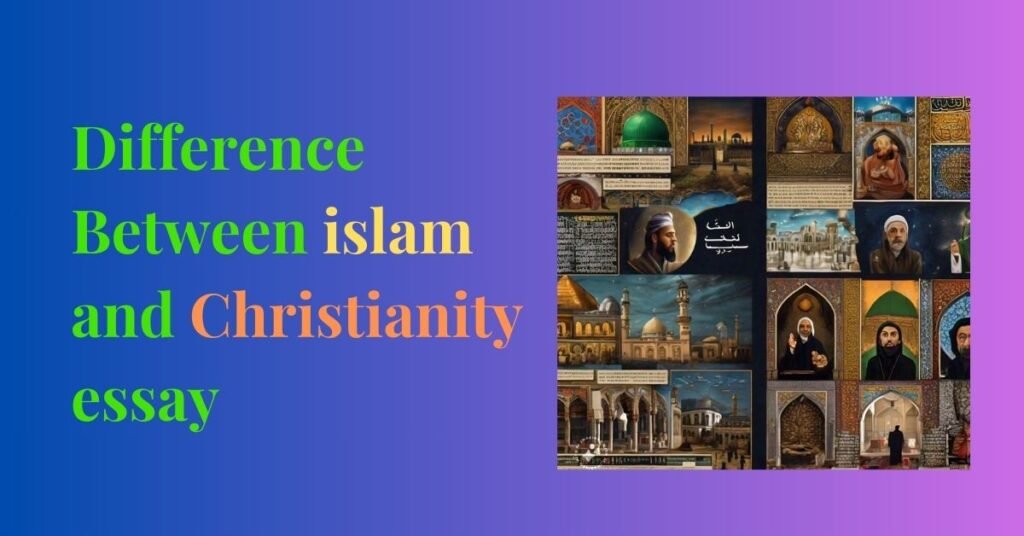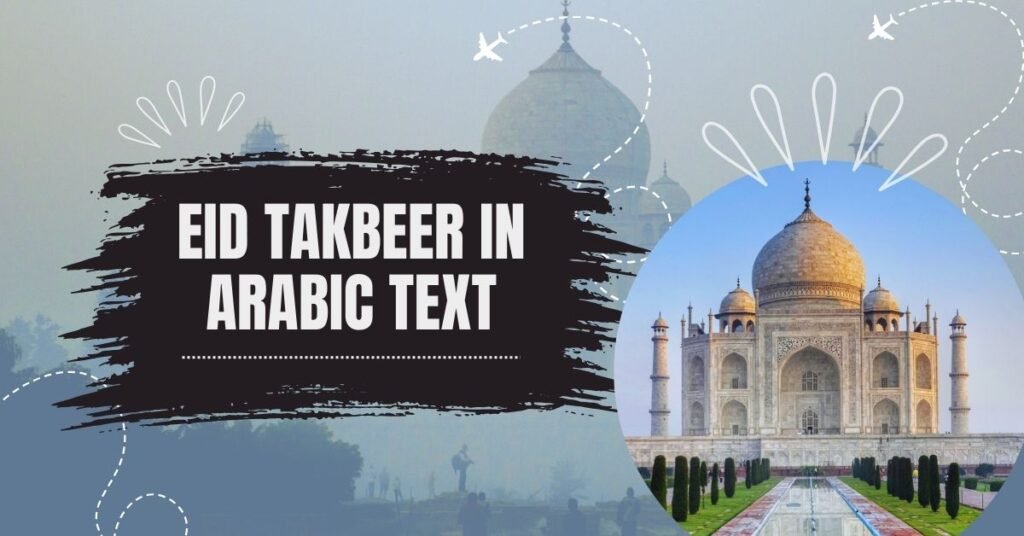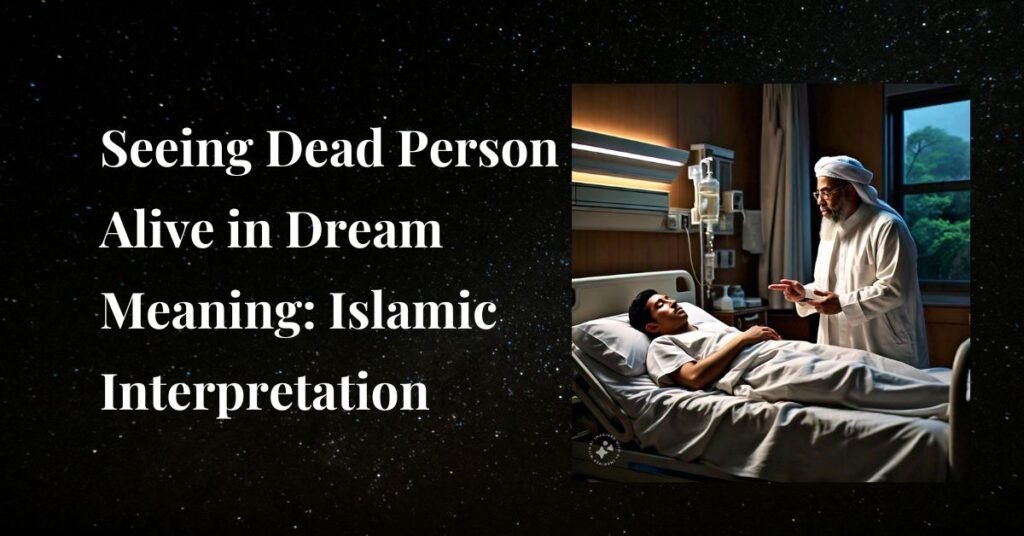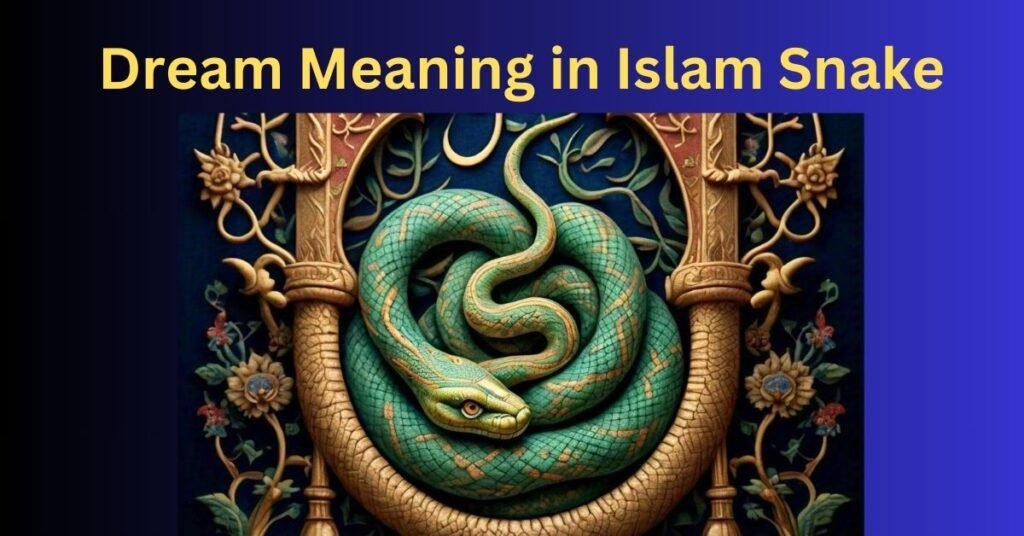In distorted Christianity, divine law no longer exists. For a time, followers of Christianity adhered to Mosaic Law, but then people in various countries created their own laws based on their understanding. When Islamic law became prominent, Christian nations adopted its fundamental principles to form their own laws. In contrast, Islam has always had a unique and comprehensive law revealed by the Almighty.
Islam balances spirituality and materialism, creating a harmonious blend of both. Christianity, on the other hand, lacked a comprehensive system of life beyond spiritual beliefs. Islam presented a complete and detailed way of life with a solid framework.
Christianity was practicable for a few but the majority could not adhere to its ascetic principles, making it impractical for most. Islam provided a religion that was feasible for everyone and held each individual accountable.
Christianity emphasized monasticism, which Islam entirely forbade, forming a society where individuals are engaged in fulfilling the rights of God and fellow humans. Islam promoted living in the world while fulfilling rights, creating a dynamic and beneficial society. In Christianity, religious authority was in the hands of clergy while the worldly government was managed by kings, leading to constant conflict. Islam established the Caliphate, combining religious and political authority in one person, creating a revolutionary system that posed a threat to the clergy’s existence.
Christians proclaimed Jesus (peace be upon him) as the son of God, while Islam recognized him as a servant and prophet of God. Christians believe Jesus was crucified, but Islam asserts that he was not crucified and was instead raised to the heavens by God. Christians claim that Jesus’ death atoned for Adam’s sin, whereas Islam holds that no one can atone for another’s sin.
Christians created idols and images of Jesus, Mary, his apostles, and various saints for worship, whereas Islam strictly prohibits idol worship, including images. Islam is the greatest proponent of absolute monotheism and vehemently opposes idolatry. Christianity, being solely based on spiritual values and denying material needs, became impractical and unacceptable. Islam avoided such extremes, addressing both spiritual and material needs with wisdom, resulting in contentment and spiritual peace.
Christianity upholds the Trinity, while Islam is strictly monotheistic. In Christianity, marriage is an unbreakable, eternal bond, whereas Islam also strongly encourages the marriage bond but allows for divorce under compelling circumstances, providing a lengthy process to reconsider the decision. Christianity’s absolute denial of divorce can lead to severe problems, resulting in unhappiness and promoting immorality. Islam’s allowance for divorce, though discouraged, provides a solution to maintain social harmony.
In inheritance, Islam grants women their due share in various relationships, while Christianity does not legally protect women in marital life. Islam offers comprehensive legal protection for women in marriage, ensuring their rights to dowry, maintenance, and inheritance.
Living Islam vs. Dead Christianity
God Almighty declares: “Indeed, the religion in the sight of Allah is Islam.” (Quran) The Prophet Muhammad (peace be upon him) differentiated between people, emphasizing the distinctiveness of Islam.
Historically, Christian leadership lay with the Church, governed by Popes, leading to prolonged conflicts with the state. The state eventually defeated the Church, resulting in a separation where the Church no longer interfered with state affairs. The Vatican in Italy became a confined religious center for Popes, supported financially by Christian nations.
My aim in presenting this historical context is to demonstrate that the Vatican is desolate compared to the thriving cities of Mecca and Medina, evidencing Islam’s vitality. As recounted by Principal and Sheikh-ul-Hadith Dr. Abdul Razzaq Iskander of Jamia Uloom Islamia, Binori Town, Karachi, the Vatican appears lifeless, lacking in worship and the mention of God, contrasting sharply with the bustling and spiritually vibrant Mecca and Medina.
The overwhelming attendance at Mecca during Hajj and Umrah, and the devotion witnessed, contrast starkly with the emptiness of the Vatican, underscoring Islam’s living spirit against Christianity’s lifeless form. Muslims worldwide, from diverse backgrounds, gather in unity, performing acts of worship that reflect profound love and reverence for Prophet Muhammad (peace be upon him). This dynamic and spiritual assembly is a testament to Islam’s enduring truth, while Christianity, confined to the Vatican, appears devoid of life and spirit.
This comparison between Islam and Christianity highlights the former’s comprehensive approach to life, spirituality, and community, making it a practical, enduring, and universally applicable religion.




